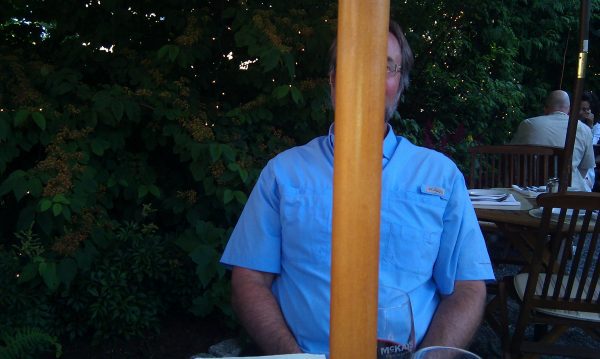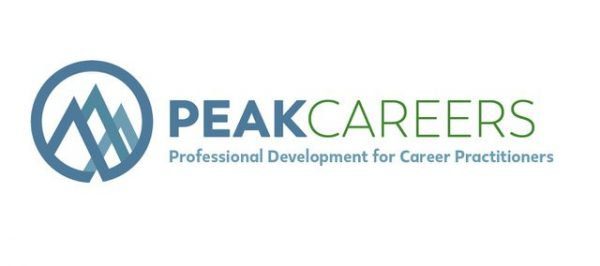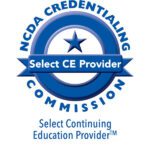
Sometimes knowing a person can be a problem. My mother-in-law has always stated “It’s not what you know, it’s who you know.” And I argued with her once (only once 🙂 that you also have to KNOW something AND be a good person as well. I KNOW some people and I can guarantee I would NEVER hire them!
As career counselors / advisors, we all know the power of networking and how important it is to find someone on the “inside” of a company, but that is only the first step. I know a college student who reached out to Alumni with a clumsily written, grammatically incorrect email, that did not bode well for him. (or the college). Or the typos on a resume / cover letter, or the lousy handshake, or even worse, bad breath. Knowing someone is great and important, but you have less than 15 seconds in most cases to make that an advantage.
The message is that “networking works” BUT we need to make sure that people working with us don’t think that just because “dad knows someone at _______” that they will be all set. They might be, but at the core we are ‘instinctual people’ (see earlier blog on Flight or Fight in Career Decision Making) and we make decisions about people very quickly. Sometimes less than 2 seconds. A handshake takes less than 2 seconds (a 5 seconds handshake would be SO uncomfortable!), a brief introductory e-mail to an alumni is read in less than 5 seconds, a phone call could take a minute before impressions are made, but…. impressions ARE made every time we contact people.
So what can we do to help our clients?
1. Ask to review their resume and cover letter and tell them why we are doing it. Because most resumes are reviewed in under 15 seconds and typos, grammar, formatting, etc… will be noticed.
2. Ask to review a draft of their correspondence to be sent out to their network (on LinkedIn or in emails), and let them know an impression is made almost immediately upon opening it and you can’t take it back.
3. Practice a handshake and give them feedback. This high touch part of our culture can be a ‘make or break’ for some and its all over in seconds.
4. Encourage mock interviews, not just for the content, but the importance of ALL the introductory time, walking into the reception area, what you say for small talk, how to answer the most common 1st questions in the interview which require a 1 – 2 minute answer that will set the tone for the rest of the interview.
5. Talk about proper grooming and some of the little issues that people face such as chewing gum, turning off cell phones, proper dress for informational and job interviews, cleanliness, etc… Not everyone needs each of these areas discussed, but we can certainly emphasize the importance of this first 15 seconds.
Yes, 70-80% of all jobs are NOT advertised and YES, people have to develop a network and reach out, and YES, it helps to know someone….. but instincts have kept us alive for 1000’s of years and instincts will shut doors to job opportunities if you don’t pay attention to them. We need to remind our students / clients that there has to be substance as well and first impressions via email, twitter, Skype, Facebook, phone calls, and face to face (heaven forbid a face to face meeting!) are so very important.
You’ve got 15 seconds ….. how are you going to use it?
Jim Peacock is the Principal at Peak-Careers Consulting and writes a weekly email for career practitioners. Peak-Careers offers discussion-based online seminars for career practitioners focused on meeting continuing education needs for CCSP, GCDF and BCC certified professionals as well as workshops for career practitioners and individual career coaching.
He is the author of A Field Guide for Career Practitioners: Helping Your Clients Create Their Next Move and The Adventure of Finding Me in New Zealand. He is also the recipient of the 2020 Kenneth C. Hoyt Award from the National Career Development Association and the Mid-Atlantic Career Counseling Association’s Professional Contribution’s Award in 2020.
Sign up to receive my TOP 10 TIPS WHEN WORKING WITH AN UNDECIDED PERSON. You will also receive the career practitioner’s weekly email on a variety of career topics, industry news, interesting events, and more. (Sign up)



Great advice, friend Jim! What I like to call “uncommon sense.” Everybody should know this, but most act as if they do not! In his interesting little book, “59 Seconds,” Richard Wiseman said the best way to be memorable in a job interview is to be interested and likeable! Sounds like common sense, doesn’t it?! Many interviewers will tell it is is not!
Thanks for your insights!
Thanks Barry. “be interested and likable”. That is a long step for some people, but we have to do what we can to give them the skills to present themselves in the best light. Tough job for some though.
“uncommon sense” you come up with some of the greatest expressions 🙂